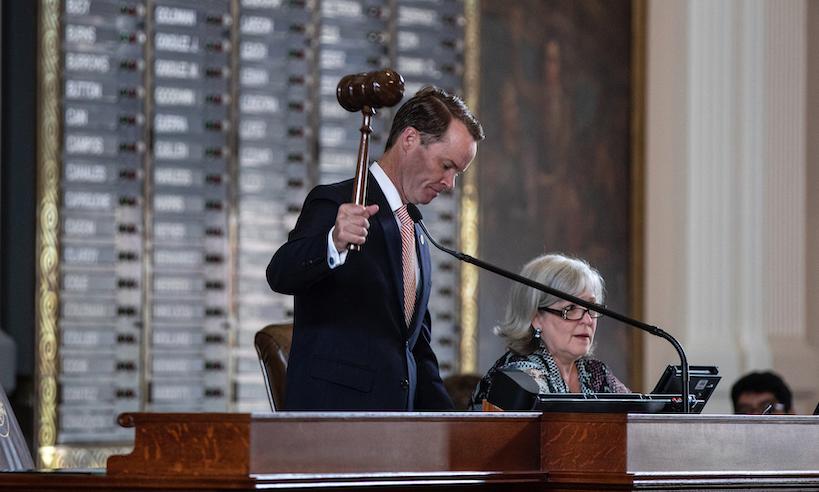The vote went quickly without a hitch and the incumbent was reelected House Speaker amid near-total bipartisan consensus and hand-shake pledges to work together in the legislative session to follow.
The 145–3 tally to reinstall Rep. Dade Phelan (R-Beaumont) to a second term as speaker—the most powerful position in the Texas House—on Jan. 10 was surely a sign that, while Lone Star state lawmakers have differences and divisions, they discard them to get things done.





